For those working in the business field, pursuing a Master of Business Administration can be a huge accomplishment. It can also lead to better opportunities and a higher salary. According to a study by the National Association of Colleges and Employers, MBA grads in 2019 can earn around $25,000 more than people with only a bachelor’s degree in business.
That’s a significant jump on the pay scale. Is getting your MBA worth it, though? If it’s worth it to you, there are many MBA programs around that won’t force you into decades of student loan debt. Let’s take a look at some of the most affordable MBA programs around to see if they are worth the investment.
Top 10 cheapest MBA programs
Tuition for MBA programs can be very expensive. These schools, however, can help you save money. These are the 10 cheapest MBA programs in the U.S. accredited by the Association to Advance Collegiate Schools of Business (AACSB).
10. University of Nebraska at Kearney
Tuition (resident): $10,692
Tuition (non-resident): $20,369
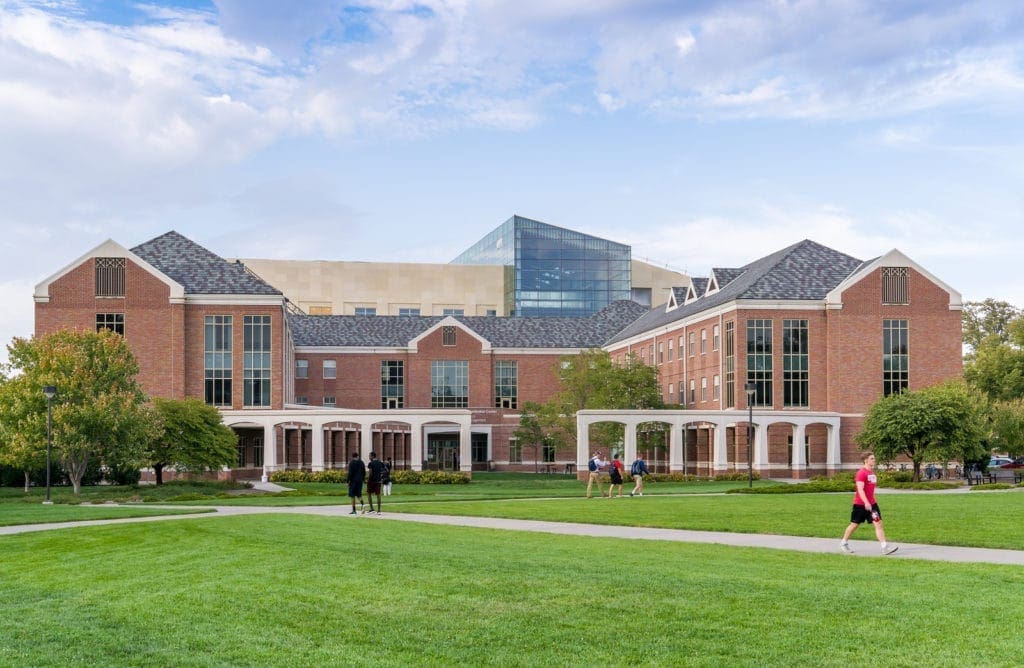
9. Valdosta State University
Tuition (resident): $10,677
Tuition (non-resident): $30,127
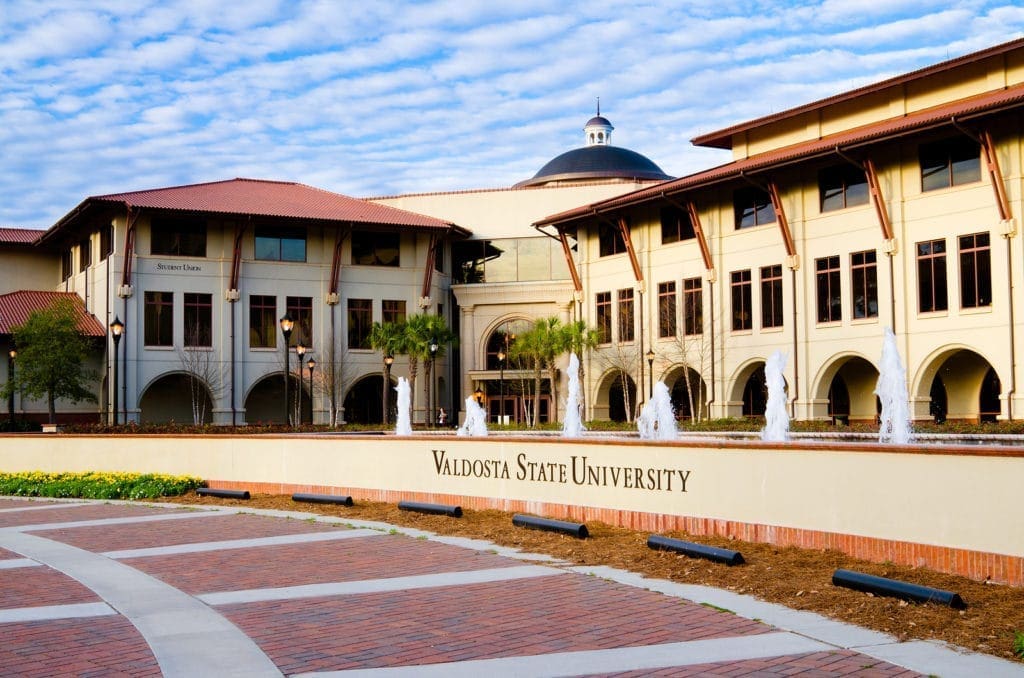
8. Henderson State University
Tuition (resident): $10,542
Tuition (non-resident): $12,685
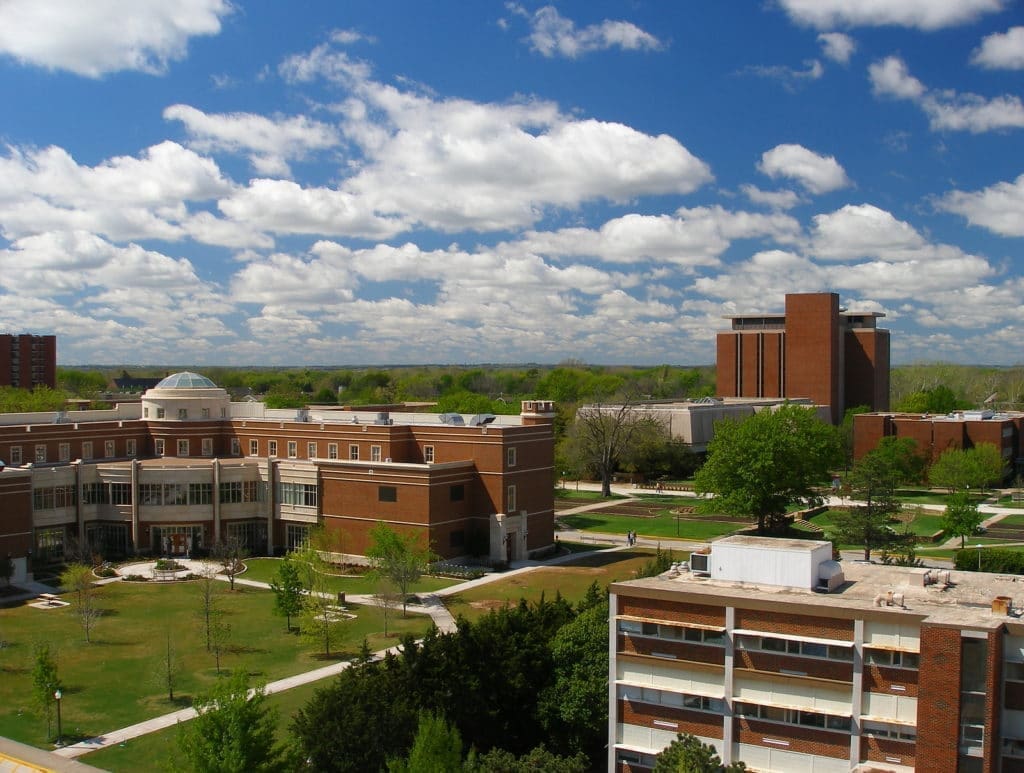
7. Southeast Missouri State University
Tuition (resident): $10,412
Tuition (non-resident): $18,315
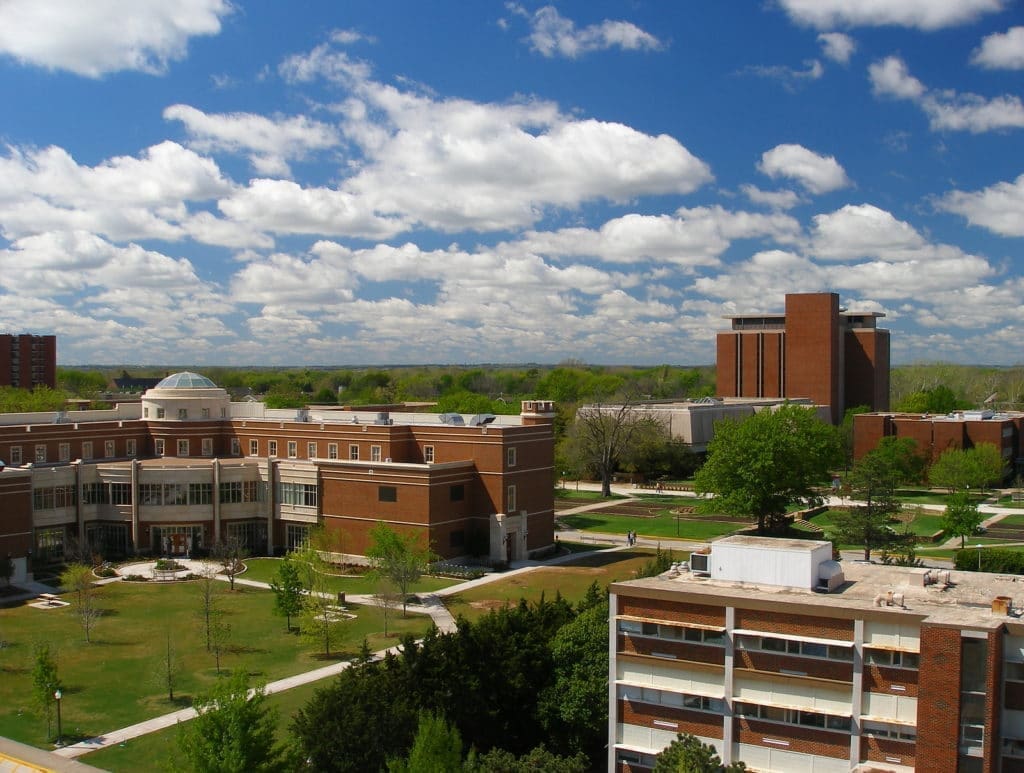
6. Texas A&M International University
Tuition (resident): $10,171
Tuition (non-resident): $24,054

5. Southern Arkansas University
Tuition (resident): $10,140
Tuition (non-resident): $14,340

4. University of Central Arkansas
Tuition (resident): $9,879
Tuition (non-resident): $17,890
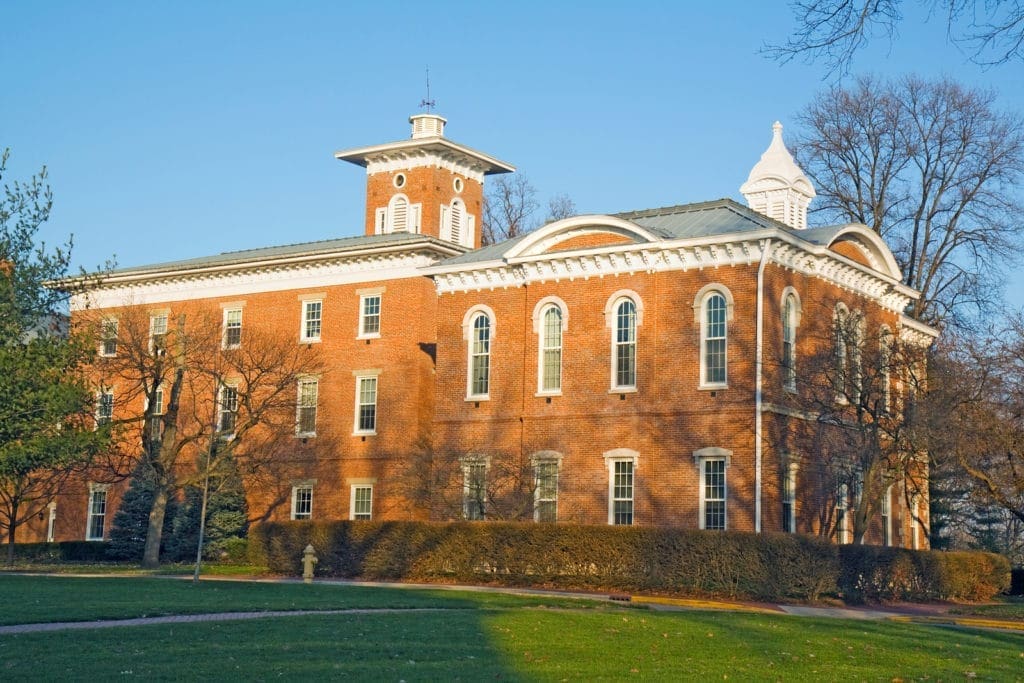
3. Columbus State University
Tuition (resident): $8,985
Tuition (non-resident): $26,829
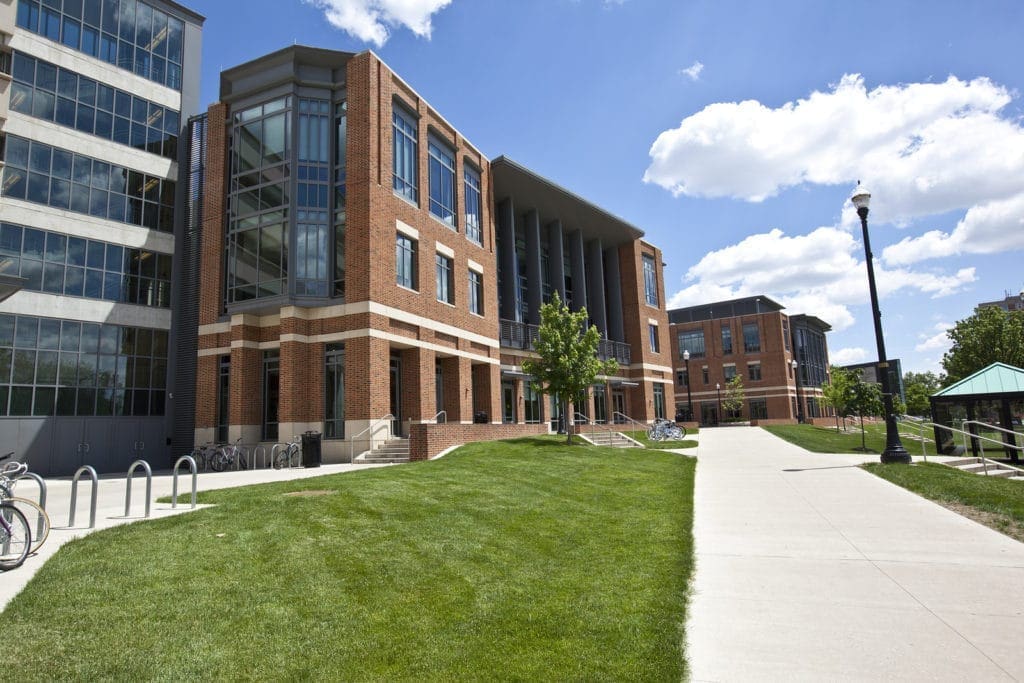
2. University of Puerto Rico at Rio Piedras
Tuition (resident): $7,804
Tuition (non-resident): $15,154

1. New Mexico State University
Tuition (resident): $7,368
Tuition (non-resident): $23,508

5 Cheapest MBA schools for non-residents
Typically, heading out of state for college costs way more than staying in-state. For example, residents of Connecticut pay $30,656 annually for tuition to the University of Connecticut’s School of Business. If you live outside Connecticut, your tuition jumps to $73,276 a year.
The U.S. schools listed below, though, go against that trend. If you’re headed out of state to pursue your MBA, check out the five cheapest MBA schools for non-residents, according to the AACSB.
5. Southern Arkansas University
Tuition (non-resident): $14,340

4. University of South Carolina Aiken
Tuition (non-resident): $14,000
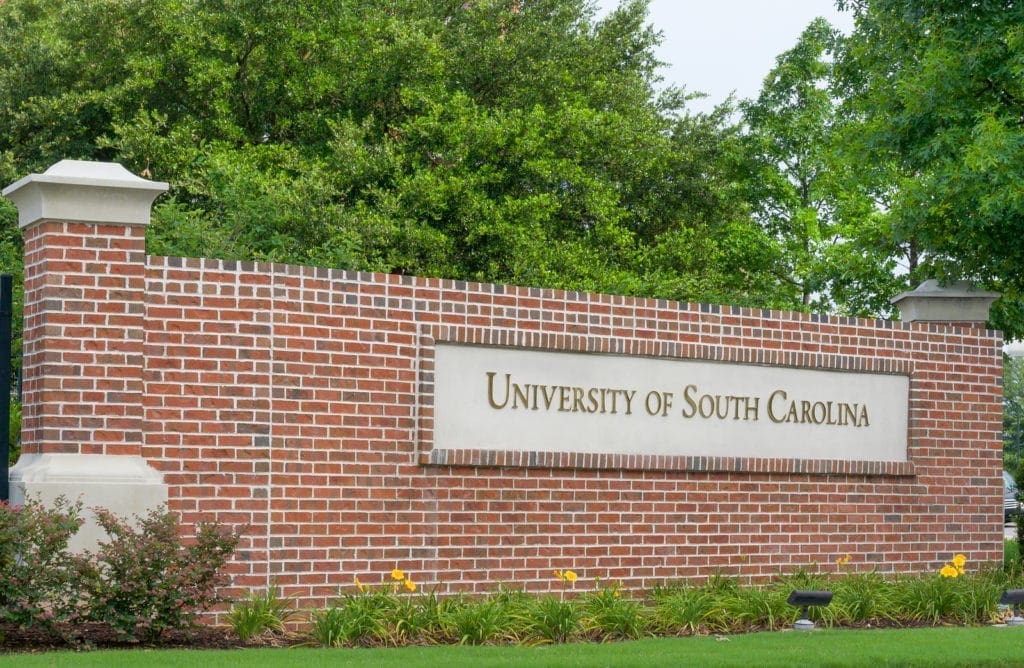
3. Western Illinois University
Tuition (non-resident): $13,678
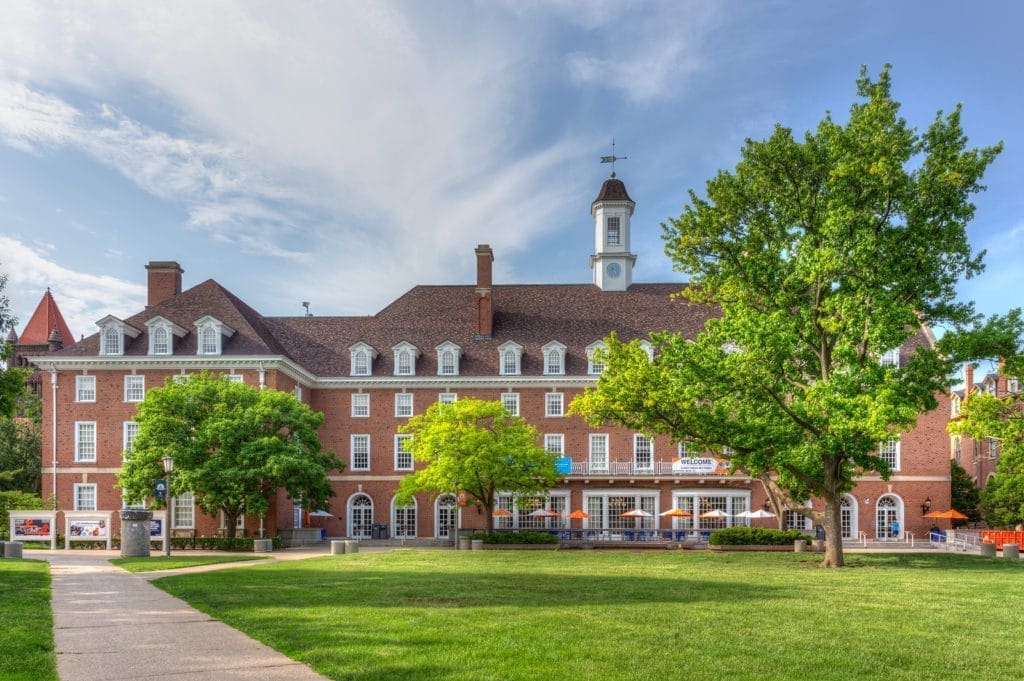
2. The University of Texas Permian Basin
Tuition (non-resident): $12,836
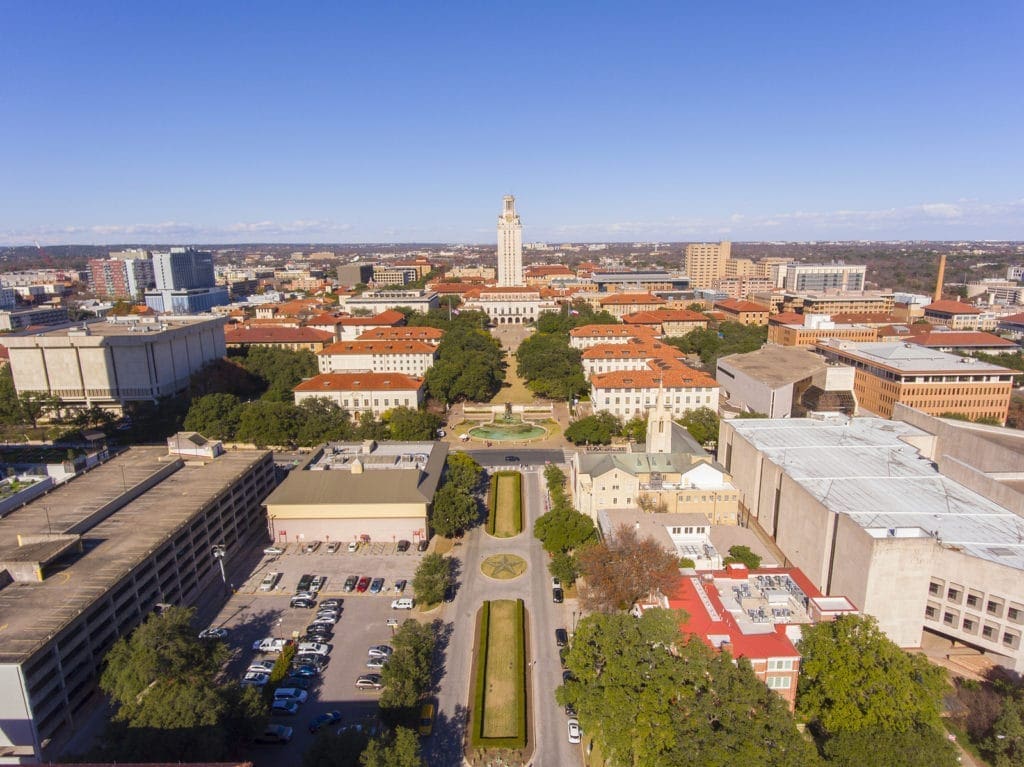
1. Henderson State University
Tuition (non-resident): $12,685
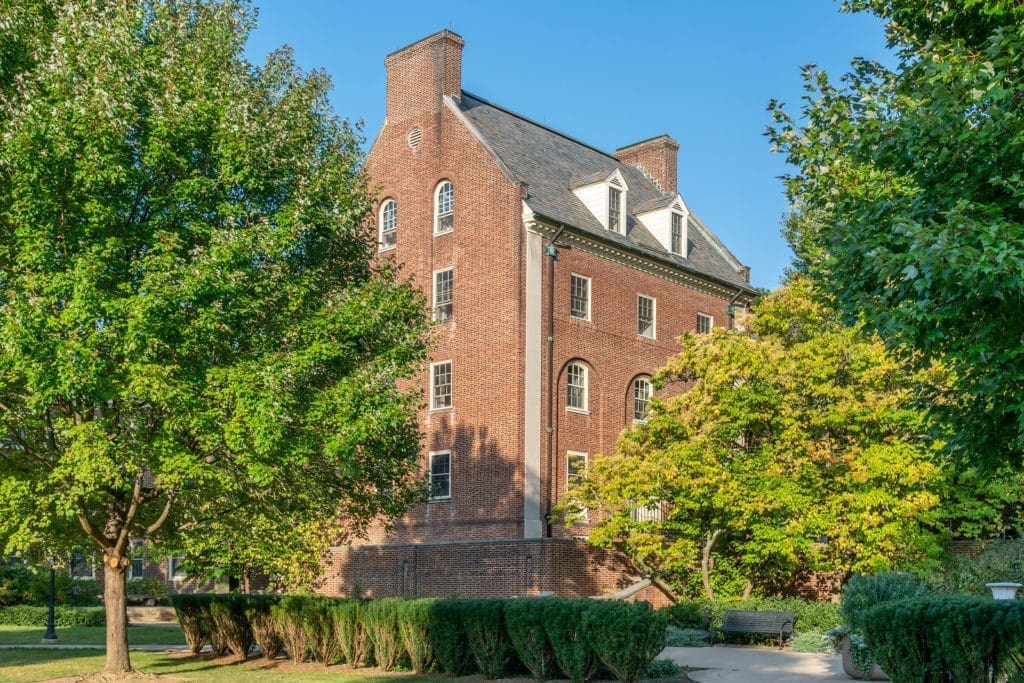
5 Cheapest private school MBA programs
Perhaps you’re interested in attending a private school to get your MBA. There are plenty of prestigious private colleges and universities around the U.S. that offer MBAs that will help you stand out.
Some private schools still offer a chance at an MBA without breaking the bank. Check out the five most affordable private school MBA programs in the U.S., according to the AACSB.
5. The University of Tampa
Tuition: $25,530
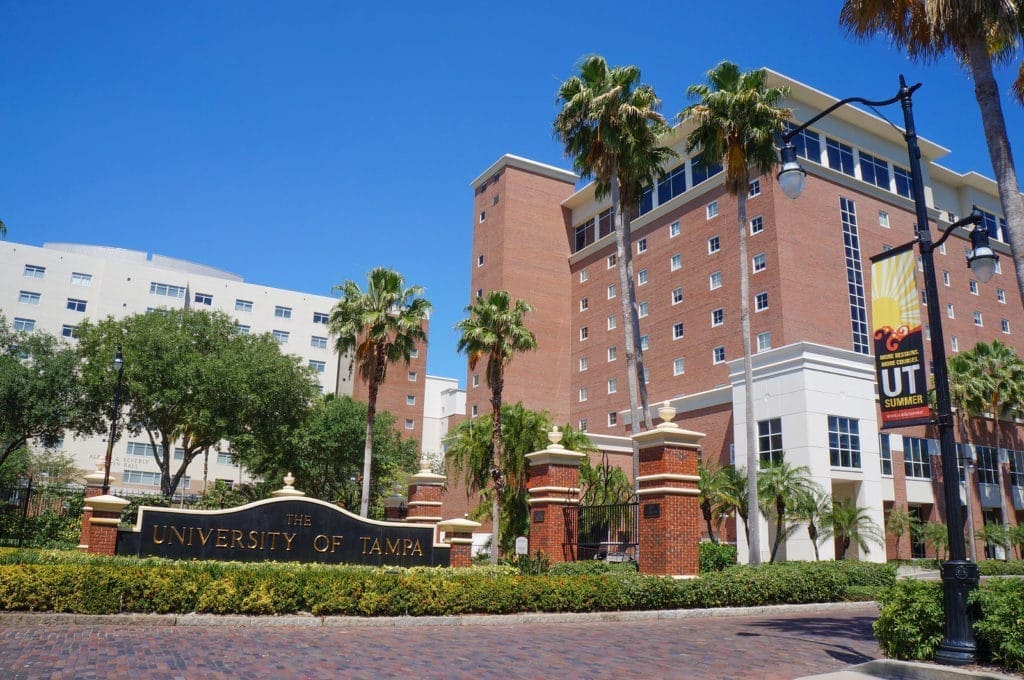
4. Oklahoma City University
Tuition: $25,740
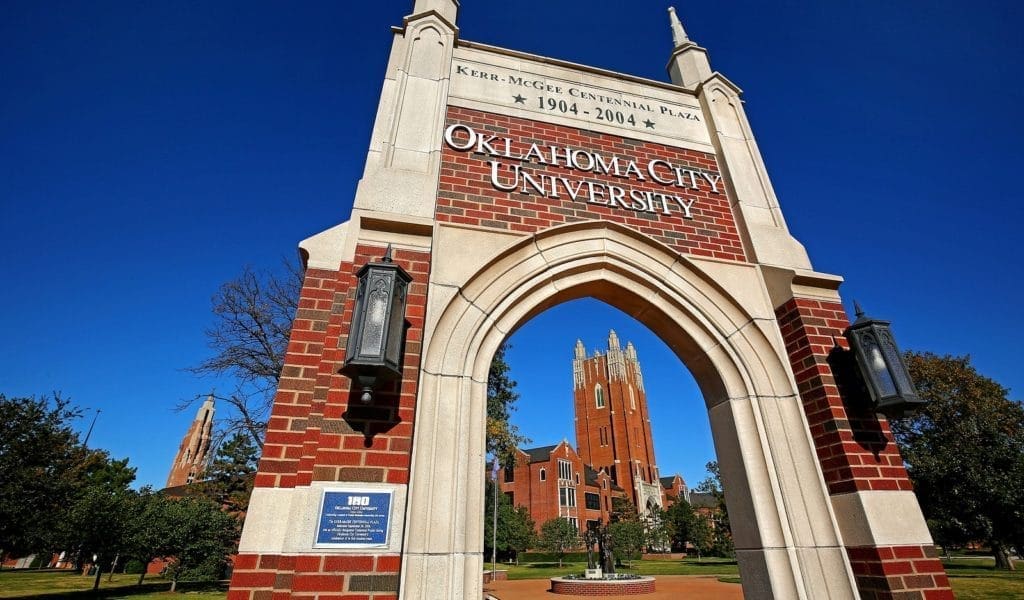
3. Abilene Christian University
Tuition: $25,956
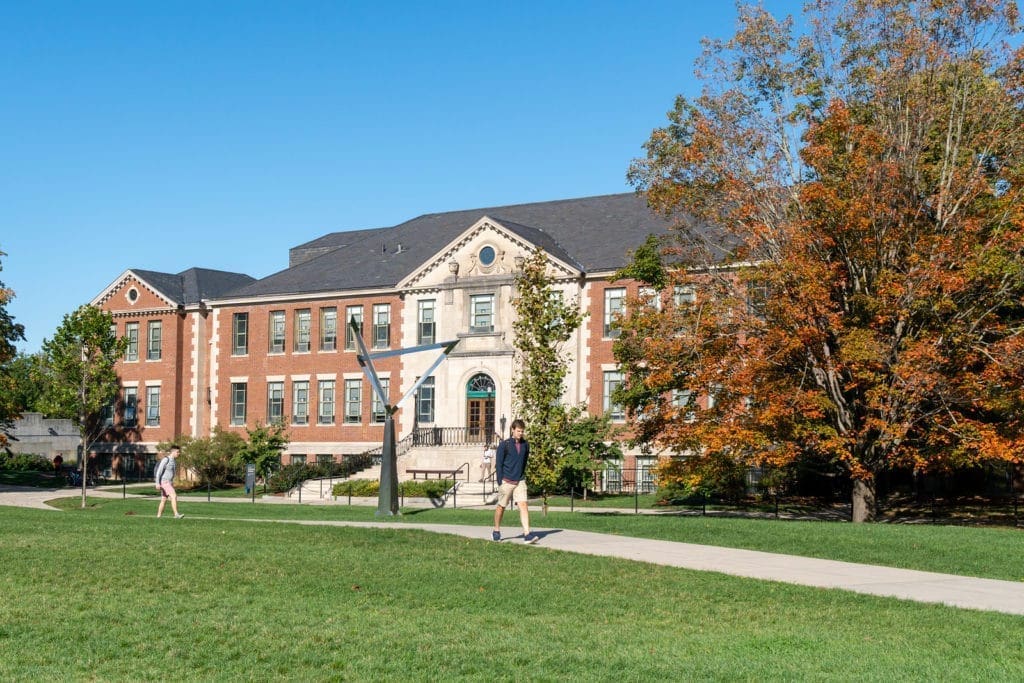
2. Drury University
Tuition: $26,038

1. Union University
Tuition: $22,140
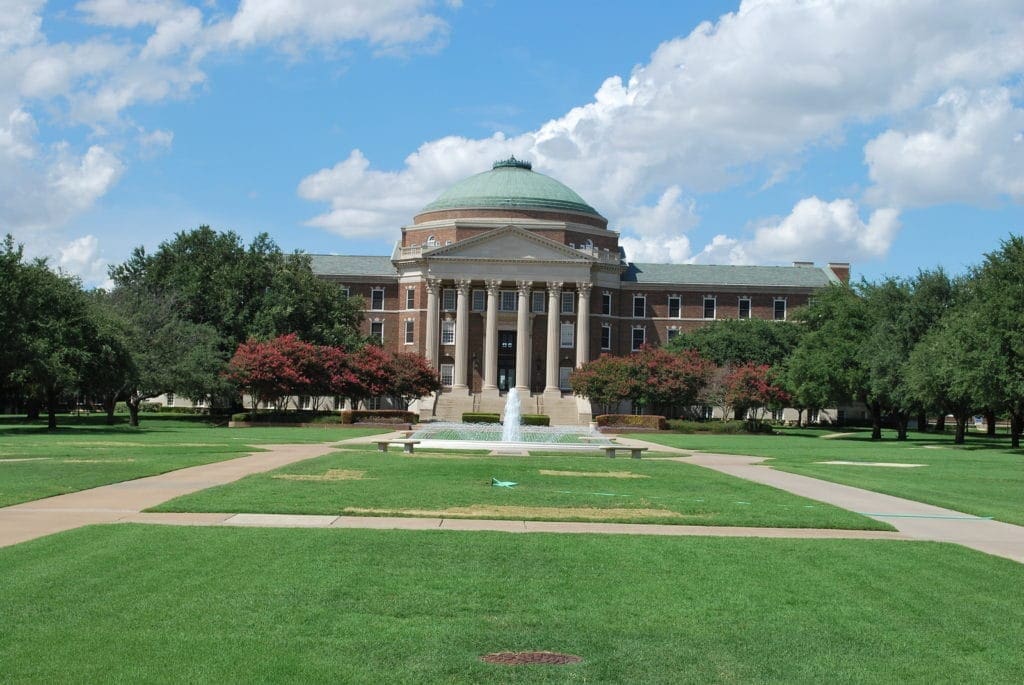
5 Cheapest online MBA programs
Another option that has become more popular recently is online MBA programs. It’s a convenient option for people already working in the corporate world but looking to add an MBA to further their career.
While there are expensive online MBA programs, many programs offer affordable tuition rates to part-time students. Check out this list of the five cheapest online MBA programs based on information compiled by U.S. News & World Report. The tuition listed below — current as of Jan. 15, 2019 — is based on part-time, out-of-state tuition per credit hour.
5. Western Illinois University
Tuition (per credit hour): $324
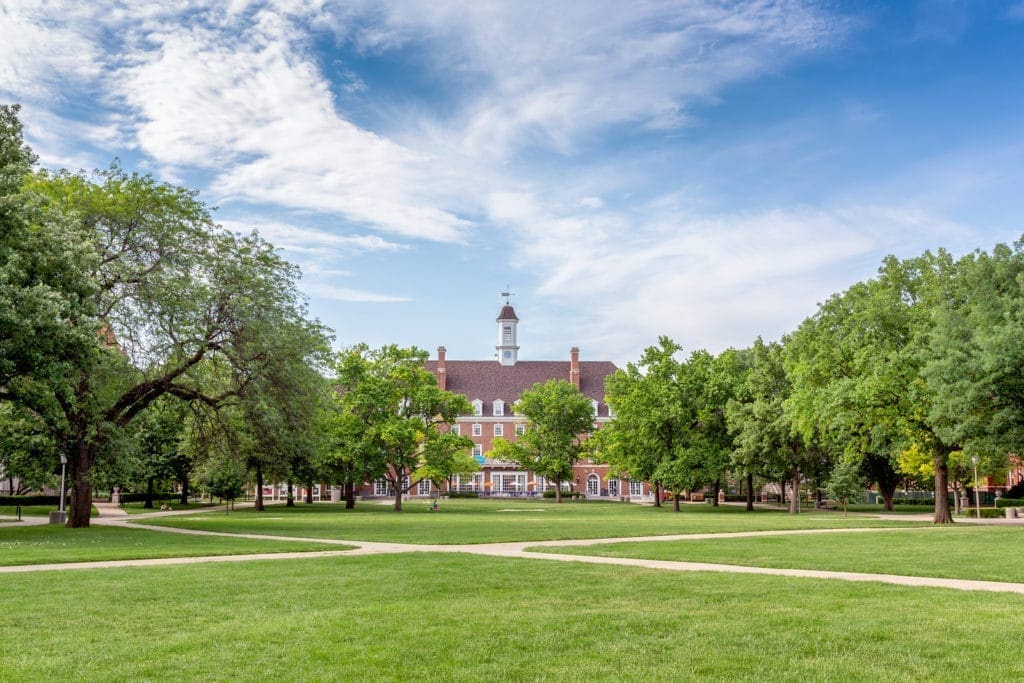
4. Lamar University
Tuition (per credit hour): $318
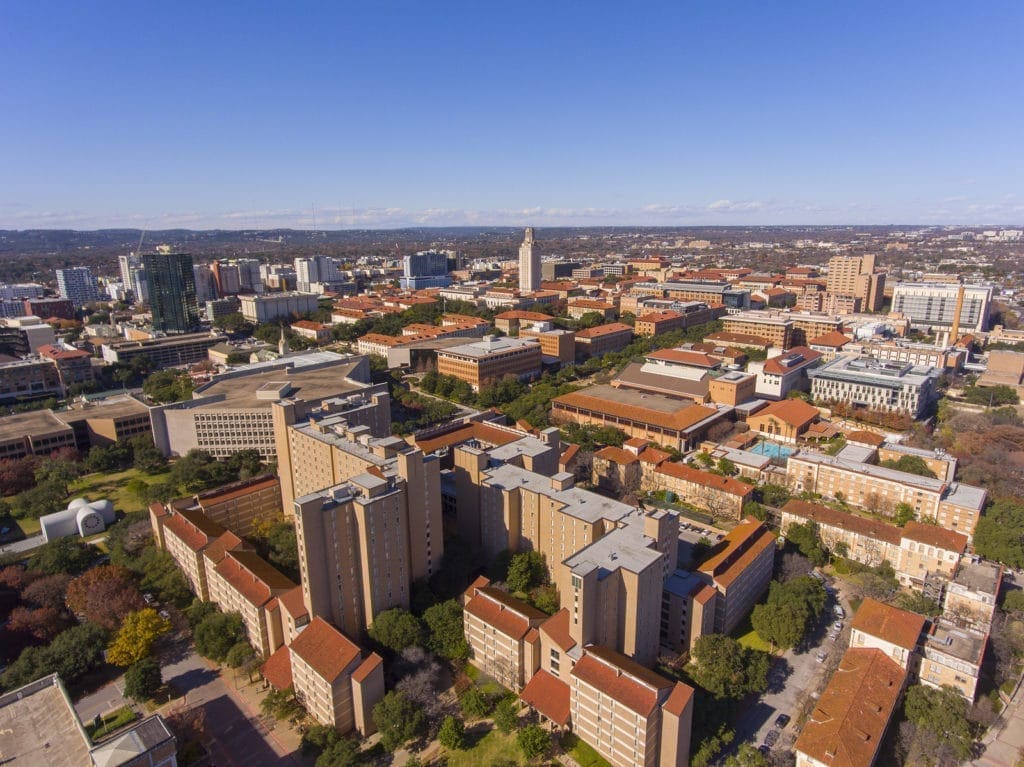
3. University of the Cumberlands
Tuition (per credit hour): $315

2. Sam Houston State University
Tuition (per credit hour): $308
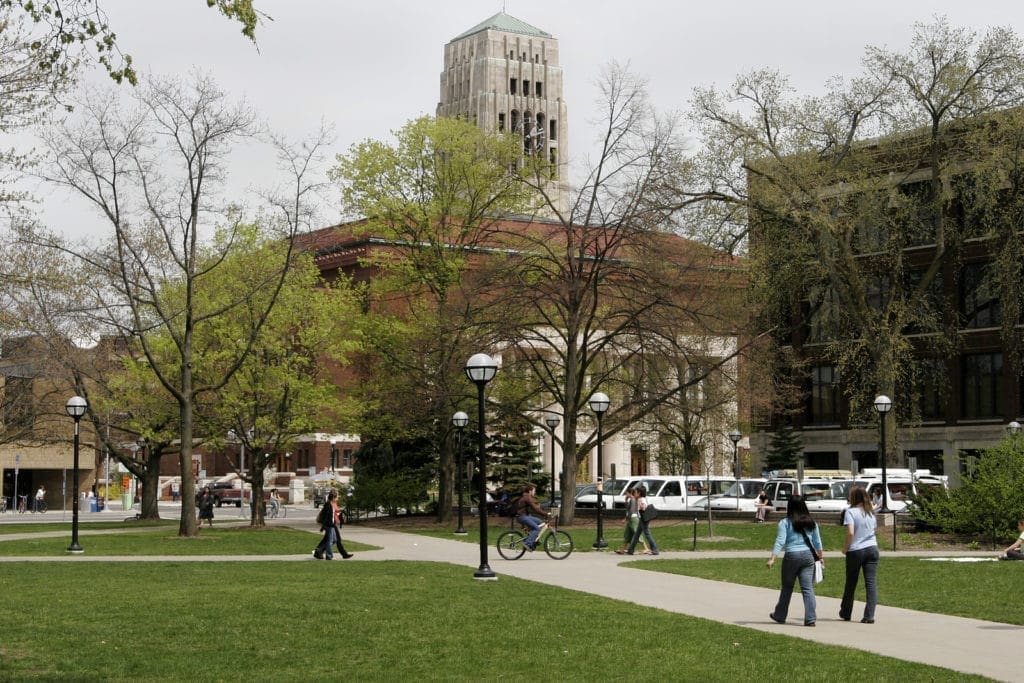
1. Northeastern State University
Tuition (per credit hour): $236
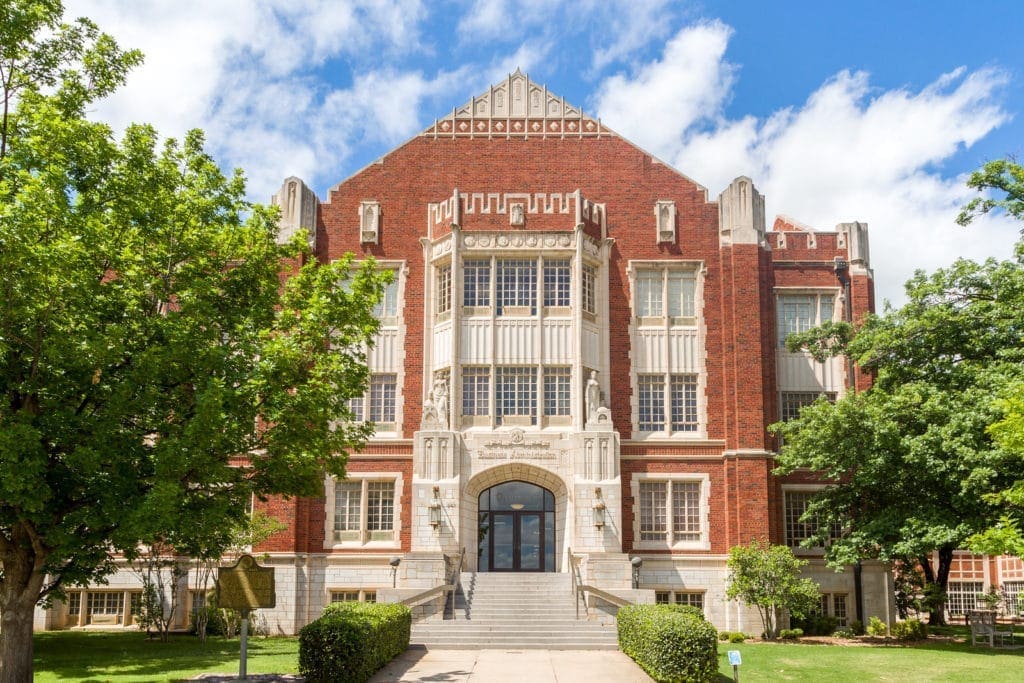
Why value is more important than cost with MBA programs
When you think of graduate degrees, required programs come to mind. If you want to become a doctor, you have to go to medical school. Dentists have to go to dental school. Other areas of study often require an advanced degree to get a job.
An MBA degree is different because it’s not a degree you have to have. You may already be working in the corporate world after receiving your bachelor’s degree. People often get their MBAs to try to advance their careers or learn skills to change careers. Many successful business people only have a bachelor’s degree or no degree at all. An MBA is certainly looked at highly by people, but there are still ways to find success in business without an MBA.
Because an MBA degree isn’t required, you have to look at it differently than other degrees. Typically, it’s smart to go for a cheaper program so that you don’t accumulate massive student loan debt. Having the degree is often more important than the school name on your diploma. The schools listed above can help you earn an MBA with the smallest amount of student loan debt possible.
When it comes to MBA degrees, you should be looking at the value of the school you are considering. If you live in California and plan to work in venture capital in Silicon Valley, for example, you may find that an MBA from a more prestigious program will help open more doors.
For the 2019-2020 academic year, University of Redlands in Redlands, California, costs up to $40,656 for its MBA program’s tuition and fees. Stanford University, on the other hand, is more than double Redlands, with tuition and fees for first-year MBA students coming in at $115,917. Guess which university has a bigger alumni association for networking? Stanford’s MBA degree might actually be a better value in the long run, even if you end up with over $200,000 in student loan debt. The return on investment may be considerably more than you would receive if you got your MBA at another California college or university.
The main cost with MBA programs isn’t always the tuition. Part of the cost of getting a degree is losing out on income you’re not earning while you’re in school, especially if you attend a full-time, in-person program. You need to factor in all of the costs, expenses and potential value when weighing the pros and cons of pursuing an MBA.
Private student loans for MBA programs
If you need help paying for your MBA degree, private loans may be a good option to consider. If you’ve already started your business career and are making a decent salary, chances are you’ll have a better chance of qualifying for loans in your own name than most people. You probably can qualify for decent interest rates, too. Some private lenders even give special deals to MBA students based on the prestige of their university.
Private lenders that offer MBA student loans include:
- Sallie Mae
- College Ave
- Citizens (through our partner site Credible)
Check out Student Loan Planner®’s private student loans page for a complete list of lenders that offer private student loans for MBA programs.
Get help managing your MBA student loans
If you are thinking about going back to school for your MBA, consider booking a predebt consult with one of Student Loan Planner®’s consultants. We can help you weigh cost and value and create a successful repayment program before you ever incur any student loan debt. Most people go to school and then scramble to figure out how to pay off student loan debt. Our predebt consult can help remove some of the guesswork and give you peace of mind.
| Lender Name | Lender | Offer | Learn more |
|---|---|---|---|
| Sallie Mae |
Competitive interest rates.
|
Fixed 3.49 - 15.49% APR
Variable 4.54 - 14.71% APR
|
|
| Earnest |
Check eligibility in two minutes.
|
Fixed 3.47 - 16.49% APR
Variable 4.99 - 16.85% APR
|
|
| Ascent |
Large autopay discounts.
|
Fixed 3.39 - 15.71% APR
Variable 5.01 - 15.27% APR
|
|
| College Ave |
Flexible repayment options.
|
Fixed 3.47 - 17.99% APR (1)
Variable 4.44 - 17.99% APR (1)
|




